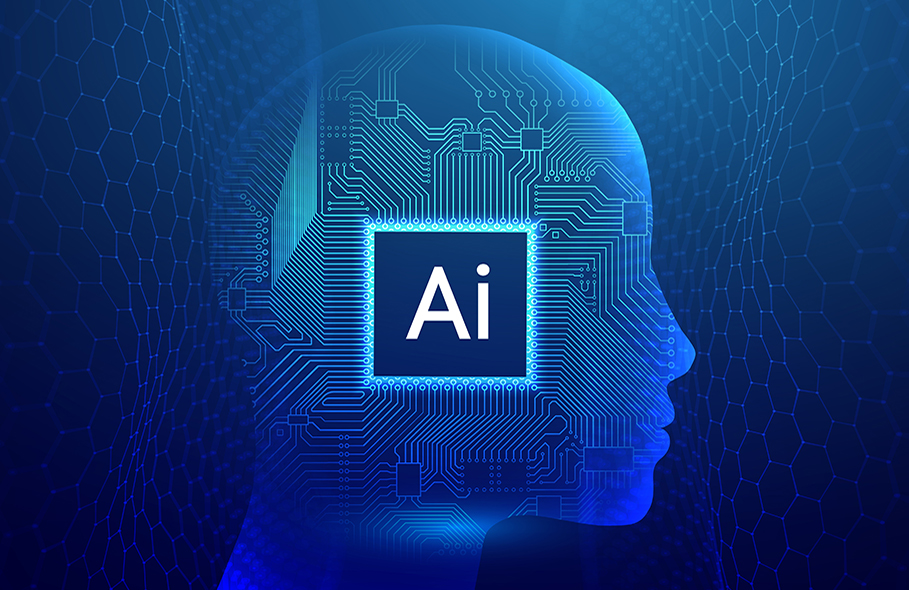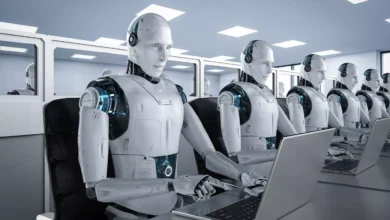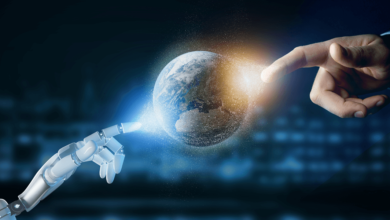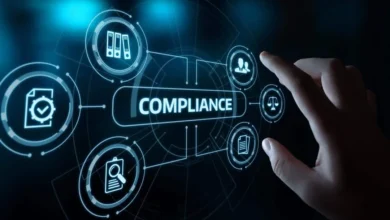Impact of AI on Human Life
Impact of AI on Human Life
Impact of AI on Human Life

“AI, a transformative force in our world, has woven itself into the very fabric of our lives. It’s no longer a futuristic concept but a tangible reality that shapes how we live, work, and interact. As the renowned scientist Stephen Hawking once said, ‘Success in creating AI would be the biggest event in human history.’ Today, we embark on a journey to explore the profound impact of AI on human life and unravel the endless possibilities it presents.”
A. Revolutionizing Everyday Life
1. AI in Communication and Connectivity
– Enhancing virtual interactions through AI-powered chatbots
– Improving speech recognition and language translation
– Enabling seamless global connectivity
2. AI in Healthcare and Medicine
– Transforming diagnostics and personalized treatment
– Enhancing patient care and hospital efficiency
– Revolutionizing medical research and drug development
3. AI in Transportation and Mobility
– Advancements in autonomous vehicles and self-driving technology
– Optimizing traffic management and reducing accidents
– Revolutionizing logistics and supply chain operations
B. Ethical Considerations and Challenges
1. Ethical Implications of AI
– Ensuring transparency and accountability in AI decision-making
– Addressing biases and discrimination in AI algorithms
– Safeguarding privacy and data security
2. Job Displacement and Workforce Changes
– Understanding the impact of automation on employment
– Upskilling and reskilling for the AI-driven workforce
– Fostering collaboration between humans and AI
3. Balancing Innovation and Regulation
– Developing ethical frameworks and guidelines for AI development
– Encouraging responsible AI research and deployment
– Ensuring AI benefits are distributed equitably
C. AI in Society and Beyond
1. AI in Education and Learning
– Personalizing education through adaptive learning systems
– Enhancing educational access and inclusivity
– Shaping the future of lifelong learning
2. AI in Environmental Sustainability
– Harnessing AI for climate modeling and prediction
– Optimizing energy consumption and resource management
– Protecting ecosystems through AI-driven conservation efforts
3. AI and Creativity
– Exploring AI-generated art, music, and literature
– Collaborative creativity between humans and AI
– Redefining the boundaries of human ingenuity
Conclusion:
As we conclude this remarkable journey through the impact of AI on human life, we stand at the precipice of a new era. AI has proven to be a transformative force, revolutionizing industries, and empowering individuals. By harnessing the power of artificial intelligence, we can shape a future that is not only technologically advanced but also ethically grounded. Let us embrace the endless possibilities that AI offers, navigating the challenges with care and ensuring a world where humanity and intelligent machines coexist harmoniously.
References:
Sources:
1. Quote: “Success in creating AI would be the biggest event in human history.” – Stephen Hawking [Source](https://www.bbc.com/news/technology-30290540)
2. Quote: “Artificial intelligence is the future, not only for Russia but for all humankind.” – Vladimir Putin [Source](https://www.reuters.com/article/us-russia-putin-ai-idUSKBN1KV0J3)
3. Quote: “AI will reach human levels by around 2029.” – Ray Kurzweil [Source](https://futurism.com/googles-chief-futurist-predicts-ai-will-reach-human-levels-by-2029)
4. Statistic: According to a report by PwC, AI has the potential to contribute up to $15.7 trillion to the global economy by 2030. [Source](https://www.pwc.com/gx/en/issues/analytics/assets/pwc-ai-analysis-sizing-the-prize-report.pdf)
5. Statistic: Research by Gartner predicts that by 2022, 70% of customer interactions will involve emerging technologies such as chatbots.




